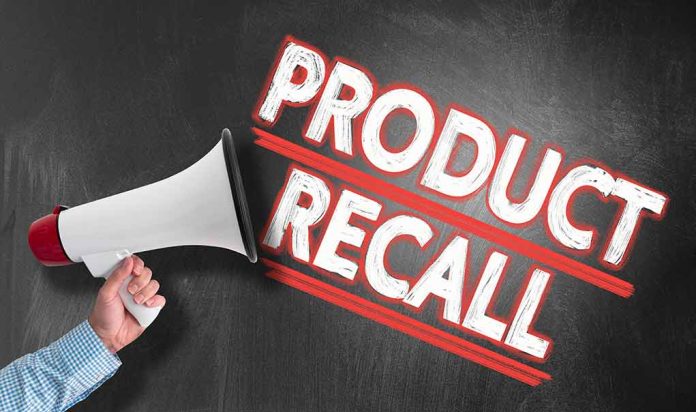
Popular ice cream maker Wells Enterprises has recalled nearly 18,000 tubs of their frozen treats including Blue Bunny and Halo Top brands due to potential plastic contamination, leaving businesses and consumers scrambling to check their products.
Key Takeaways
- Wells Enterprises has recalled approximately 18,000 tubs of ice cream and frozen yogurt spanning 22 different flavors due to plastic contamination risk
- The recall affects 3-gallon bulk containers with “Best If Used By” dates ranging from March 2026 to October 2026, primarily distributed to food service providers
- Products were distributed to 103 locations nationwide through centers in Iowa, Michigan, Illinois, and Texas
- No illnesses have been reported, but the FDA has classified this as a Class II recall, indicating potential temporary health consequences
- Affected brands include Blue Bunny and Halo Top, with distribution to major food service suppliers like Gordon Food Service, US Foods, and restaurant chains
Widespread Distribution of Contaminated Products
The Wells Enterprises recall, announced on April 25 and reported by the FDA, affects a substantial quantity of frozen desserts distributed to food service suppliers and restaurants across the United States. Distribution centers involved in this recall are located in Le Mars, Iowa; Wyoming, Michigan; Rosemont, Illinois; Houston, Texas; and Fort Worth, Texas. This widespread distribution network has sent potentially contaminated products to approximately 103 locations nationwide, raising concerns about how many consumers may have been exposed to these products through restaurant visits or food service purchases.
The recall specifically impacts bulk 3-gallon tubs, making it primarily a concern for commercial establishments rather than individual consumers. Major food service providers receiving these products include Gordon Food Service, US Foods, Sysco Corporation, and restaurant chains like Johnny Rockets and Planet Smoothie. Since these are bulk containers, it’s unlikely that average citizens would have purchased these directly for home consumption, but anyone who has visited affected establishments should be aware of potential exposure.
Health Risks and FDA Classification
The FDA has categorized this situation as a Class II recall, indicating a moderate health risk. According to the agency, consumption of these products could “cause temporary or medically reversible adverse health consequences,” though the risk of serious injury is considered remote. This classification helps businesses and consumers understand that while plastic contamination is certainly concerning, it doesn’t represent the highest level of threat that would warrant more dramatic intervention measures.
“cause temporary or medically reversible adverse health consequences,” according to FDA
As of May 18, no illnesses or injuries have been reported in connection with this recall. However, plastic fragments in food products present various hazards including choking, dental damage, or internal lacerations if consumed. The absence of reported incidents doesn’t diminish the importance of the recall, as it represents a proactive measure by Wells Enterprises to prevent potential harm rather than a response to documented cases of injury.
Consumer Guidance and Company Response
While Wells Enterprises has not issued a formal public statement regarding specific consumer instructions, standard recall protocol indicates that businesses in possession of the affected products should either dispose of them properly or return them to their supplier for a refund. The affected products can be identified by checking the “Best If Used By” dates, which range from March 2026 to October 2026. Consumers concerned about whether they may have been served contaminated products at restaurants should inquire with those establishments directly.
This recall highlights the ongoing challenges in food production safety despite stringent quality control measures. The government’s handling of food safety continues to face scrutiny, particularly as recalls like this affect major American companies that employ thousands of workers. For businesses using these products, the financial impact extends beyond the cost of the ice cream itself to potential liability concerns and customer trust issues. The Biden administration’s FDA continues to be reactive rather than proactive in food safety matters, with this recall being just one example of how American consumers bear the consequences.


